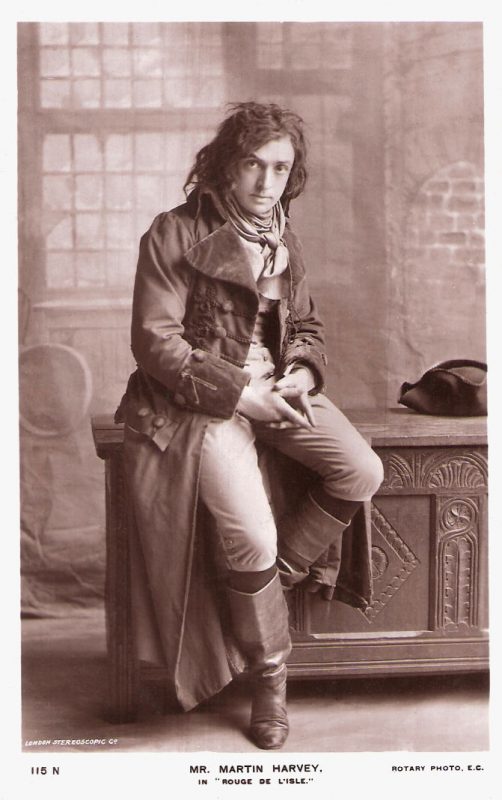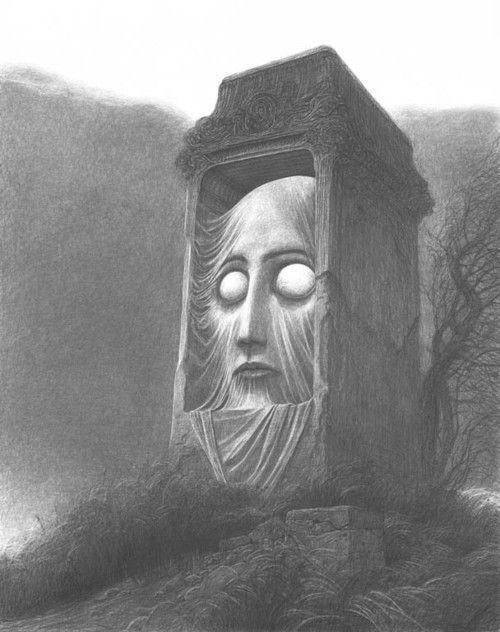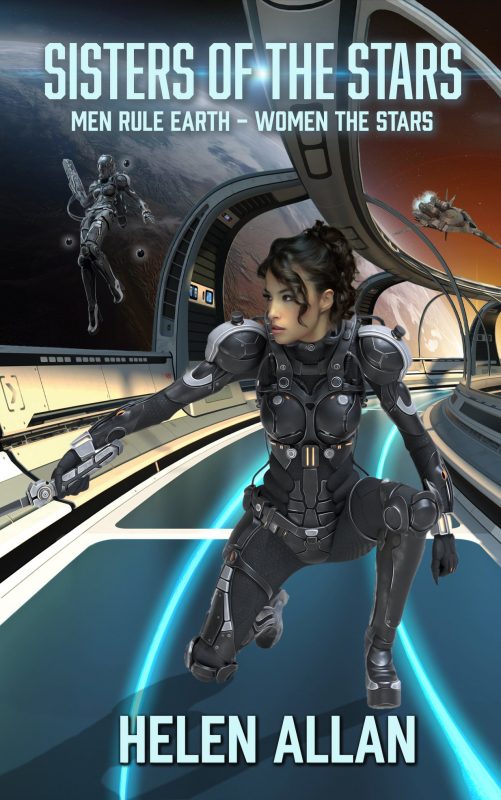I moved from New York to California in 1989, the year the Bay Bridge collapsed due to a powerful earthquake, the year all those people died, the year I was run over by a car while crossing the street, the year I was supposed to have gotten married but learned that my fiancé was cheating on me with my best friend. Those were just the highlights, there was much more insane stuff that happened but if I wrote it down, no one would believe it to be a true story. My life, that year, was an overwrought soap opera. It was my year of emotional pandemic. But it got better. I learned to walk again. I got my doctorate. I met the love of my life. I had two amazing kids. And now I even get to imagine whole universes in my head. I live a pretty amazing life. I’m very lucky. But it was a journey. 1989 was my year of living dangerously — I read every doomsday apocalyptic dystopian novel I could get my hands on. Literature saved my life, literally! If not for the ability to escape into another world, into another life, I would have not done well. Books are just as necessary for physical well-being as medicine. As a survivor, I am living proof that stories are some of the best ways you can go about improving your life at a time when the world is doing a crazy 180 every 24 hours.
Today, we have multiple psychological whammies to contend with:
- Politics has been an ugly ugly ride for the past several years. We’ve all have already been thoroughly exhausted by the endless nasty chain of news. I’ve been looking forward to the end of this year so all of that anxiety could be put aside and I could stop watching the news like it’s my second job.
- The stock market, for those who gamble or simply have their retirements cloistered in there, is a nightmare. It’s better not to look.
- And now we got the global pandemic. How much toilet paper is enough? How do we teach our kids or simply stand to be with them for that many hours/days in a row without a respite? We’ve been using schools as a babysitting service for years, and now our dear ones have been socially isolated with us. Joy! (and brace for the pandemic babies in a 9-months time)
- And if we survive all of this, we are looking at a global recession — another fun thing to survive.
One of the main sources of anxiety is the feeling of being totally out of control. And boy-o-boy are we all out of control.
I think our whole nation (and the world) will be wrung out by the time we are able to take a calm breath. We will all be psychologically exhausted with serious physical health consequences. Most people are not well-equipped to cope, they didn’t develop self-sustaining tools for happiness. Most require constant entertainment to keep their attention off their problems. But during the age of social isolation (lovely phrase), we have to do all of our amusements alone or in very small groups. Going out will mean going to someone else’s house for dinner, someone we trust not to be contagious. Watching a movie will mean sitting at home. Shopping is shopping online. No restaurants, no ballet, no plays, no theater, no gym, no concerts, no beach, no playgrounds, and doing our best to avoid all public transportation. We even get to work at home, if we can swing that. But again, most people are not good at working in isolation, that takes skill, which takes time to develop. In our culture, we admire extraverts. Well, the age of social isolation is the age of the introvert! We will have to learn “hermiting” skills!
As a writer, I got hermiting down! I was telling a friend that I have a rich inner life and don’t really have a “bucket list” or even see the point of one. I want to live a happy life, and that has nothing whats so ever to do with visiting some exotic locale or eating some delicacy or learning some kicky sex position. What I do for a living is think. Sometimes, I put some of those thoughts on paper. And that’s magic! And I share that magic with my readers. Because those who read don’t need a bucket list. They experience millions of pleasures and feelings and lives every day. For all that man has managed to create, storytelling is by far the most defining characteristic of being human.
Working on a New Story About Fate
I have been hard at work on a new story where the science fiction plot twist is the existence of alternate timelines (parallel histories) and the emotional narrative focuses on sacrifice, love, and the axis of desire. The axis of desire is not about sexual lust, but rather explores the themes of what would one be willing to give up to change one’s life. When the world all around seems to crumble and everything spins out of control, everyone wants to change fate. As they say, there are no atheists at a loved-one’s deathbed.
As I mention regularly in my newsletters, I read a lot. I read books in many different genres, but I tend to gravitate towards science fiction and fantasy. Many such stories deal with grand events — extinction, alien invasion, fall or rise of civilizations, and the transition from nothing to everything and back again. There are a lot of “zero to hero” stories out there, it is one of the more popular plots. And I have certainly managed to kill off whole planets to change the flow of history and to warp spacetime on a regular basis. But for this story — “Mirror Shards” is the working title — I wanted to narrow the focus. I wanted to write a more intimate story, focusing only on a young man and his immediate circle of family and friends. This young man’s desires are paramount to him, but whether he achieves his goals or not won’t change the world. At most, his success might mean some people become happier and some less so. Can such a story support a grand science fiction adventure? Can thinking about small, intimate battles reveal something about the kind of society we live in? It’s been an interesting couple of months contemplating this theme.
And, as I often do when I write, I research imagery that somehow crystallizes the story for me. You can see my visual thinking on the Pinterest page for Mirror Shards set up for this book. The photograph below captures something of the main character of my story, Hig. In real life, this is the portrait of Sir John, a rather famous English actor from about 150 years ago. Interesting looking fellow, right?

If you could change your fate, would you? Fate gives no guarantees…

Here’s a small excerpt from the story:
“
The train was empty but for me and some man in the far corner, reading a newspaper. I couldn’t read. I couldn’t really focus. I stared out of the train window. Neighborhoods were rushing by, the metropolis abruptly transformed into suburbia and then changed into stretches of farms interspersed with small-town centers — the train stops. It was amazing, really, how fast the human population density dropped off. It seemed like people either wanted to live right on top of each other or be as far away from their neighbors as possible. I still remembered when we lived just a few miles away from the fairgrounds — practically a walking distance for every kid but me. Wide streets, tons of big climbing trees, freedom to run…nothing I could really enjoy back then. I was actually happy to get away into the big city center. When you were stuck in a wheelchair, it helped to be close to everything. Distance was the enemy back then, it kept me confined to my home, inside my room…without friends.
But what if we never went to the fair on that day? With Uncle Charlie’s work schedule, we could have easily missed the fair all together that year. Dad would never have agreed to take us. Mom wouldn’t have done it on her own. If we didn’t go, would life have stayed as it was? Would I still be stuck in that chair? Would I have even gone to college? Dad’s success had direct advantages for me and my sister. We lived very well. We didn’t want for anything…other than Mom and Dad…the kind of Dad that had dinner with us every night and talked with us over food, discussing politics and science and the latest movie plots. Nona and I didn’t get that. But we had Ms. Marta. We loved her and she us. We weren’t deprived kids. No, we weren’t. Sure it would have been nice to have a real mom…and Uncle Charlie.
Was he happy as Cherie? It must have been a shock to wake with breasts and…well, the other thing was probably missing now, right? I felt embarrassed even to think about it. It was none of my business what body parts Uncle Charlie gained or lost in the process of becoming Cherie Hydrargyros. He must also have lost his profession, right? Uncle Charlie loved being a nurse. He loved helping kids through the darkest days of their lives. Sometimes all the way to “the other side.” He never really talked to me about that, but Mom said once that the dying kids always requested Uncle Charlie for their last nurse. It must have been something to be wanted…needed like that. That must have been more of a loss than the other thing. Did Uncle Charlie…Cherie manage to work in her chosen profession after the change? Did he want to? Nurse Megan told me that he left to chase the blind woman from the fair, at least that’s how I remembered it. It was so long ago. What if Uncle Charlie wanted to change back? Could he? Would he see something different in that mirror if he looked today?
Lots of random ideas swirled around my head to the monotonous beat of the train speeding on its rails. But there was one train of thought that I tried to avoid at all costs. The important one. The one that really mattered. Mom… Couldn’t go there—there was too much at stake.
I got off the train way after midnight and walked several miles along the dark empty roads to the fairgrounds. It was strange to walk these streets as an abled person. I mostly remembered it as a bumpy ride. Very different perspective now.
The fair was locked up for the night of course. But the people who traveled with the fair—the artisans and the cooks, the clowns and the ride operators, and all the others who lived from fair to fair — were still in there somewhere. I remembered Uncle Charlie telling me all those years ago about the trailer park out in the back, where the visitors didn’t go. He said that some people traveled with their motorhomes and lived and worked at the fair. It was like a small town, a neighborhood of people who all moved together and lived together and worked together. The location changed, but the town stayed together. Spring in Alabama, summer in Maine, fall in Pennsylvania, winter in Florida. Modern nomads. There was an appeal to that. I felt it when I was a kid, I still felt it creeping along the fence of the fairgrounds that night.
I saw some lights flickering in the distance — campfires. The fence was a simple twisted wire, temporarily installed to keep unauthorized people like me out. Eight feet high at that point, but I was very athletic. It took less than ten seconds and I was on the other side. Easy.
It was hard to get my bearing in the dark, but I noted where the fires burned and walked the other way. I wanted to get inside the crafts building, where the one-mirror fun house booth was. I decided that I needed to see if my reflection showed something different now. I also had a feeling I might find Cherie there. Where else would she be? Uncle Charlie had been chasing that mirror for over a decade, and he finally caught up with it.
I walked by the animal barn, where the chicken competitions were held. I could find that place by smell alone. It wasn’t unpleasant, per se, just barnyard-y. Then rushed by the big trees, with the now very familiar bench at the base, and made it to the double glass doors of the crafts building. Inside wasn’t completely dark. There were some emergency lights and other illumination that I couldn’t exactly place by pressing my face into the glass. The doors were locked, obviously. For some stupid reason, I thought they’d be open — the whole fair’s perimeter was locked, so why bother with the door? But there were wares and cash registers and other valuables inside. It made sense that the crafts building was secured tight for the night. It was probably set on the alarm, too, now that I thought of it. I would make a terrible criminal.
I slid over to the glass door, peering into the gloom. The point of that? I had no idea. I was making it up as I was going along. Just as I planned to do with Klaire — I knew she would be mad at me for going without her. But I was protecting her, she couldn’t hate me too much for that, could she? I remembered the mirror booth being very close to these doors, it should have been visible from my vantage point. Sure enough, I could see its black curtain through the door; yet I didn’t come up with a way of making things better with my new girlfriend. I just hoped that she was still willing to be mine after all of this was over. My mind bounced all over the place fueled by adrenaline.
“
Sisters of the Stars to Help Social Isolation be a Bit More Fun
Indie authors stick together. We read each other’s stories, we promote each other’s books. So please take a look.
For 20-year-old Selena, just thrown off the Star Biosphere Force for insubordination and anger management issues, this couldn’t have come at a worse time. Finding out her sister has been captured by the men who rule Earth, she resolves nothing is going to prevent her from getting her sister back, even if it means risking her own freedom.
And, of course, I’m always thrilled when you get some of my books! So happy reading…consider it a sanity medicine! And wash your hands — make sure to sing to measure the 20 second time duration necessary for disinfection:
And one last thing — you might not be able to control much, but you can leave a review for the story you love. It makes a huge difference, believe me!

